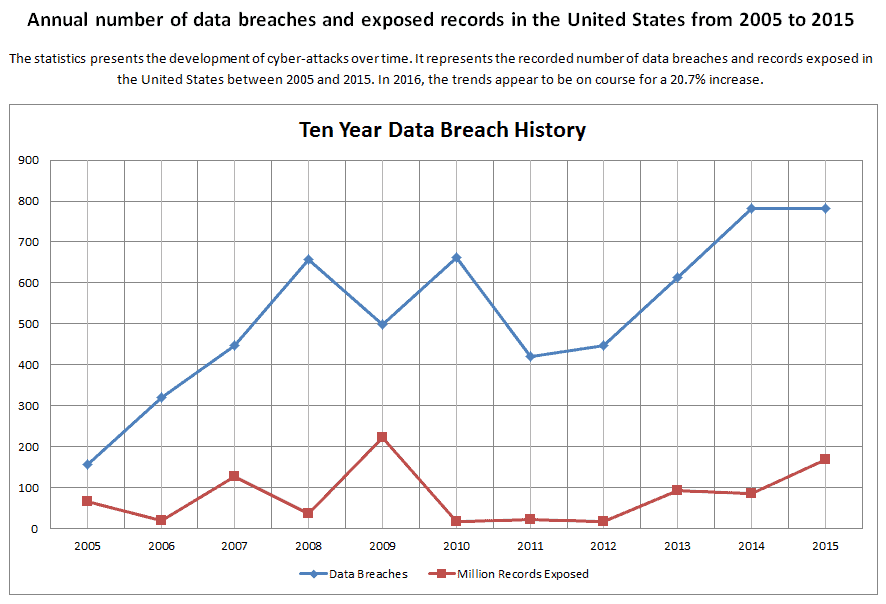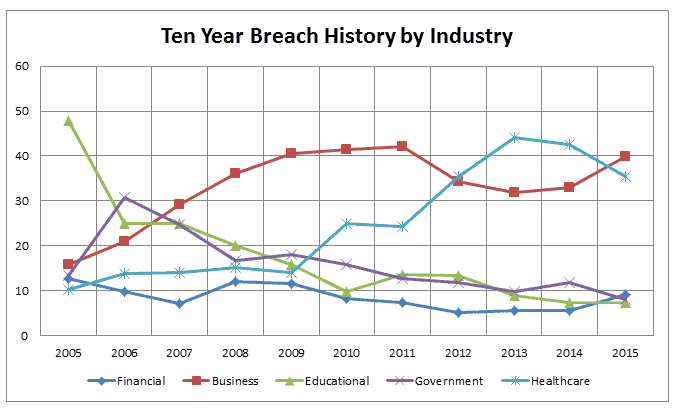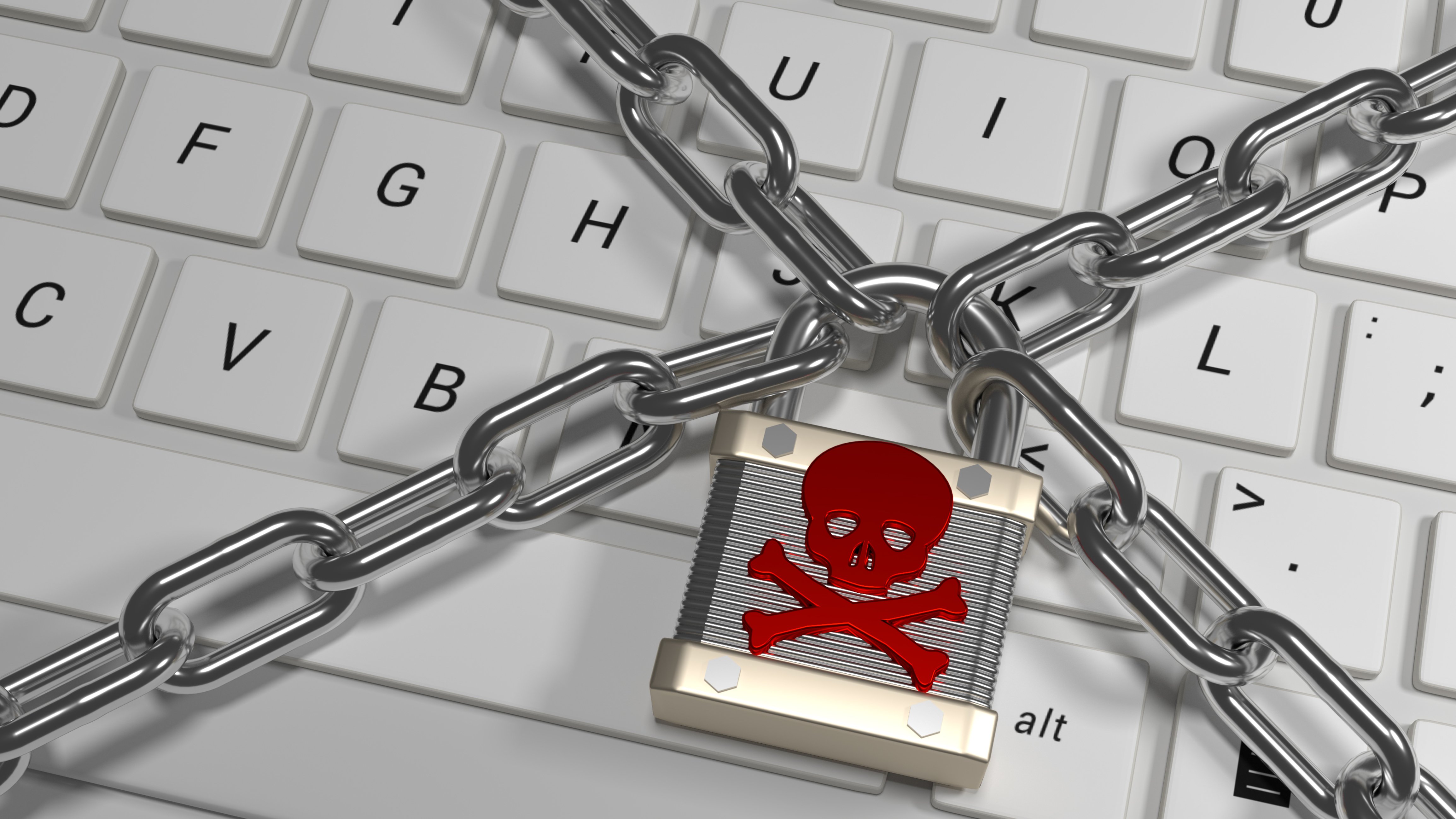In a previous blog, we discussed the recent epidemic of ransomware attacks on U.S. healthcare organizations and the importance of the industry taking this very serious cybersecurity threat – and healthcare cybersecurity in general – seriously. The good news is that although a ransomware attack can bring a healthcare facility to its knees, ransomware attacks can be prevented by taking precautionary measures.

Following are five tips for healthcare organizations to protect themselves against ransomware and other healthcare cybersecurity attacks.
1. Build a Culture of Healthcare Cybersecurity Awareness in Your Organization
Ransomware usually doesn’t make its way onto a network through an automated attack but through simple social engineering techniques, such as employees clicking on phishing emails or inadvertently installing malware. Many facilities simply do not take healthcare cybersecurity seriously. Unlike many other industries, healthcare was very slow to go digital, and as a result, many healthcare employees look at information technology as more of a hindrance than a benefit. They may also feel that information security is “the IT department’s job,” and that their focus should be solely on treating patients. Employees must be taught that preventing cyber attacks is every bit as important as preventing infections and biohazard exposure incidents, and that cybersecurity is everyone’s “job,” regardless of their position within the organization.
Among the ways to change your employees’ attitude and instill a culture of healthcare cybersecurity awareness:
- Include information security in your organization’s core values, right next to patient care.
- Provide comprehensive security training at regular intervals. Having new hires watch one “training video” isn’t enough.
- Ensure that all supervisors model information security best practices and remind employees that everyone is responsible for preventing cyber attacks.
2. Secure Mobile Devices
Due to the advent of electronic health records (EHRs), mobile devices are becoming very popular in healthcare facilities. However, because of their portability, these devices are subject to loss or theft. They are also susceptible to electromagnetic interference, which can corrupt the data stored on them.
Best practices for mobile device use in a healthcare setting include:
- Ensure that all mobile devices used within the facility are equipped with multi-factor authentication and access controls, including strong passwords that are changed regularly.
- Avoid storing electronic health information on mobile devices. In cases where data must be stored on them, the data should be encrypted.
- Mobile devices should be physically tracked. They should not be permitted to leave the facility except under specific circumstances outlined in your organization’s policy.
- Patients and other visitors to your facility should never be allowed to access your organization’s secure network.
3. Back Up Your Data and Your System
This step may seem obvious, but many organizations (healthcare and otherwise) do not regularly conduct secure backups of their data. In addition to backing up data, organizations should also create a system and configuration backup, known in the IT industry as a “gold image.” Regular backups are essential because, should a facility fall victim to a ransomware attack, it can restore its data and systems instead of paying the ransom.
4. Control Physical Access to Your Data and Network
In addition to securing your digital data and files, make sure you also secure your organization’s physical devices and storage media (such as flash drives, CD’s, and portable hard drives) through such measures as:
- Limiting physical access to server rooms and all areas where computers are used. Employees and visitors who do not have a compelling need to access the server room shouldn’t be allowed to do so.
- Restricting the ability to remove devices from secure areas and from the facility in general.
- Maintaining a visitor log and installing security cameras.
5. Enlist the Services of a Professional Healthcare Cybersecurity Firm
In addition to internal security personnel, a culture of security awareness, and a solid security plan, it’s a good idea for facilities to also enlist the services of a professional cybersecurity firm such as Continuum GRC. The cybersecurity experts at Continuum GRC have deep knowledge of the cybersecurity field, are continually monitoring the latest threats and technologies, and are committed to protecting your healthcare organization from attacks. Continuum GRC offers full-service and in-house risk assessment and risk management subscriptions helping companies all around the world sustain a proactive cybersecurity program. Continuum GRC is proactive cybersecurity®. Call 1-888-896-6207 to discuss your organization’s cybersecurity needs and find out how we can help you prevent your facility from suffering a ransomware attack or a data breach.



